9 Important To Do's for Customs Clearance

Whenever you ship goods from one country to another, customs clearance is a compulsory part of the shipping process. Before your freight can leave the port of origin, you have to obtain the export clearance. Similarly, before your cargo can officially enter the destination country, the import clearance is required.
We hear from novice and seasoned shippers alike that customs clearance can be a complex process with many pitfalls. To help you avoid any delays or extra costs, we have gathered nine essential tasks that you have to perform when preparing for customs clearance.
1. Pick a Customs Broker

Customs brokers are logistics experts who facilitate the customs clearance process and ensure that your shipment meets all standards, laws, and regulations for the import and export of the goods. They create the customs entry and assist with all necessary documentation, duties, taxes, and payments.
Do I Need to Find a Customs Broker Myself?
Not necessarily. Many freight forwarding companies, like Shipa Freight, employ or work with licensed customs brokers and can take care of the process for a customs clearance fee. Before you book your shipment with a freight forwarder, simply inquire if brokerage services are included in the offer.
What If I Prefer to Engage My Own Customs Broker?
Even when working with a freight forwarder, you can choose to engage a third-party customs broker, also called a customs house agent (CHA). If you do so, it’s worth confirming that your chosen customs brokerage has the necessary CHA license, knowledge, and experience to perform the duties before you commit to using it.
Also, remember that you’ll need a customs broker at the port of origin for export clearance and the port of arrival for import clearance.
When you choose a third-party CHA, your freight forwarder will hand over the documents to your CHA to do the clearance. However, if the CHA causes any delays because they didn’t clear customs on time, your freight forwarder won’t be liable for any additional costs that you might incur.
2. Check for Import and Export Restrictions in Specific Countries
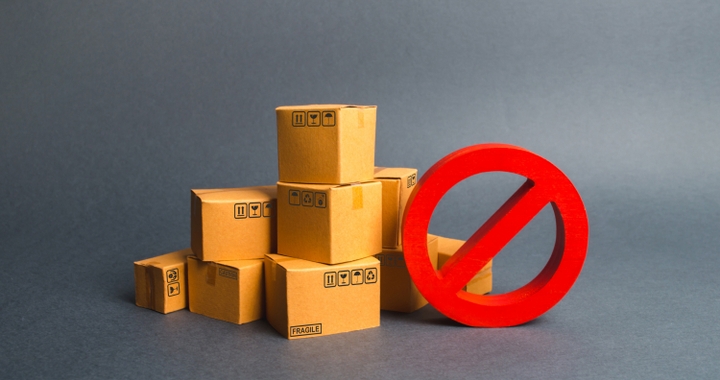
Before you send your goods on their way, it’s your responsibility to ensure that your freight is allowed to be exported from the country of origin and permitted to enter the country of arrival.
What Is Prohibited?
Countries prohibit certain goods from export or import. We recommend that you consult the official lists of goods that are banned before you book your shipment, to ensure that your type of cargo is not prohibited.
With that being said, you may be able to export or import certain prohibited products with written permission, provided that you meet certain conditions and requirements. However, if you export or import prohibited goods without the relevant written permission or license, your cargo may be seized and you could face penalties.
What Is Restricted?
Countries also impose restrictions on the export and import of specific goods for various reasons. Before you ship your cargo, you need to be aware of any restrictions that apply to you. Here are a few examples:
-
Age restrictions: For example, you can’t export a vehicle that is more than 40 years old. You also can’t export paintings that are more than 100 years old, either because they are considered to be of heritage value.
-
Quantity restriction: Certain goods can only be exported or imported up to specific quantities.
-
Packaging restrictions: You can only export or import your goods when they meet certain packaging requirements.
-
Licensing restrictions: The import or export of certain products is only available for businesses that carry the required license.
Some goods can be imported in a country without having to pay any import duties. It’s worth checking with your customs broker beforehand if your products are free.
3. Verify Your Compliance With Trade Agreements
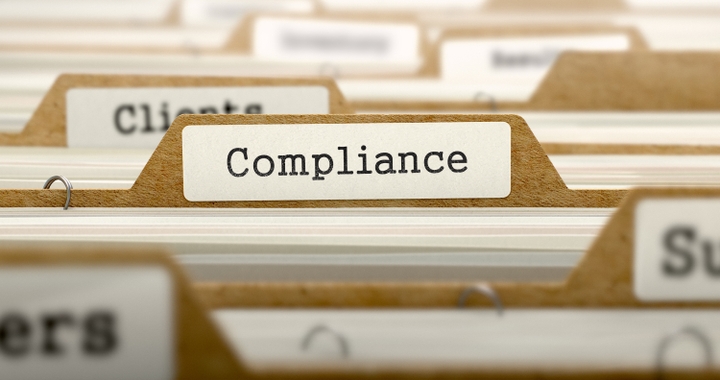
Trade agreements affect international trade and determine the tariffs and duties that countries impose on imports and exports. Certain trade agreements can be to your advantage, like a free trade agreement, but they can also restrict your opportunities.
Free Trade Agreements
Countries negotiate Free Trade Agreements (FTAs) with other countries with the aim of facilitating trade. FTAs allow for greater market access through reduced trade barriers such as tariff reductions and other provisions.
Exporting under an FTA will likely favor your bottom line. Therefore, it will pay to do your research to see if your products could qualify for benefits under any FTA.
Anti-Dumping Duties
These are protectionist tariffs that governments impose on foreign imports when they believe that the imported goods are priced below fair market value. Countries simply want to protect their local businesses against foreign companies that dump a product at a lower price than what they would normally attract in their home market.
Check with your customs broker if any anti-dumping duties apply for the products that you are importing. If so, you have to be careful how you price your goods.
Countervailing Duties
Countervailing Duties (CVDs), also called anti-subsidy duties, are tariffs that apply to imported products. They are meant to offset any subsidies that exporters receive from their government in the exporting country. The World Trade Organization (WTO) imposes these tariffs because export subsidies are considered as unfair trade practices.
Before you export, check with your customs broker if any CVDs will apply to your goods when they arrive in your country of import. You need to know beforehand, as these will negatively affect your bottom line.
4. Verify Any Trademarks and Copyrights
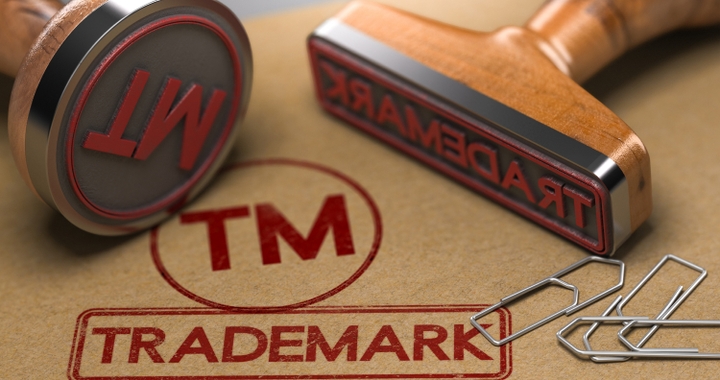
Protecting your intellectual property (IP) when exporting and ensuring that you are not infringing anybody else’s IP when importing your goods in a foreign country is key.
When you export, you typically don’t get the benefit of patents, trademarks, registrations, and copyright protection of your home country. These may mean little, if anything, in the destination country. Also, you certainly don’t want your goods to be seized upon entry in the importing country because they are perceived as counterfeits of a similar, local product.
We recommend that you perform your research beforehand to identify any existing trademarks and copyrights and determine how intellectual property issues are handled in the country of import.
5. Research Your Supplier and Buyer

It’s crucial that you check all parties involved in your supply chain, like suppliers and buyers, against restricted party lists. Restricted parties, also called denied parties, are organizations, companies, or individuals that governments have identified as entities that one must not do business with.
There are several reasons why someone may be added to a restricted party list. For example, they may:
-
Have been identified as a terrorist organization or are affiliated with such an organization
-
Be involved in drug trafficking
-
Have a history of corrupt business practices
Shippers who violate these restrictions can face penalties, the suspension of their export license, and even imprisonment. Luckily, most freight forwarders, like Shipa Freight, offer restricted party screening as part of their services.
6. Prepare All Required Documents

To start the customs process, your customs broker will require the necessary paperwork. These are the documents that are usually a must for most customs authorities:
-
Commercial Invoice
-
Packing List
-
Certificate of Origin
-
Letter of Credit or other payment terms (depending on the agreed incoterms and the contract between the parties involved)
-
Airway Bill for air shipping and Bill of Lading for ocean shipping (provided by your freight forwarder)
Sometimes, other documents, such as licenses, permits, or certificates, are required to complete the process. Your customs broker will inform you if this is the case and can provide further guidance.
If you’d like to learn more about the different types of documents, you can check out our documents list. You’ll also find some examples there.
7. Comply With Packing Requirements
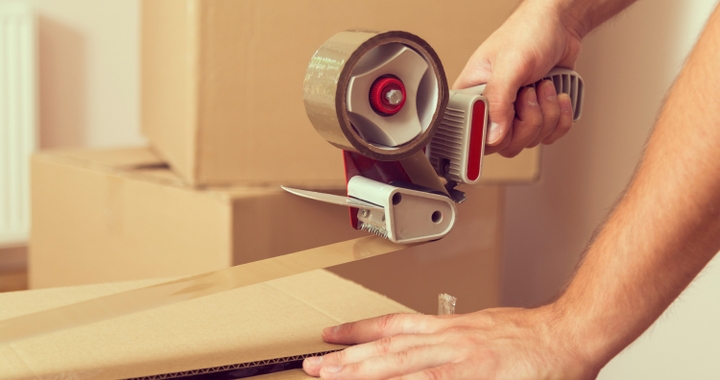
The right packaging is important to ensure that your products arrive safely and without damage. However, you also have to watch out for specific packing requirements that apply for certain goods (e.g., aerosol, sprays, medicines) in the country of origin or destination.
Sometimes, the authorities will demand a customs inspection or a customs intensive exam of your cargo. If your packaging is not up to standard, you can face a delay and additional customs costs.
When it comes to your packing materials, you must keep any import restrictions and quarantine requirements of your destination country in mind. Any wood packaging used should be labeled with the ISPM 15 mark as proof that it has been treated to prevent the spread of timber pests.
Some countries, like Australia, require a packing declaration as part of the mandatory paperwork for customs clearance. This document provides details of container cleanliness and states whether timber and straw have been used as packing materials.
8. Be Aware of the Different Types of Invoices
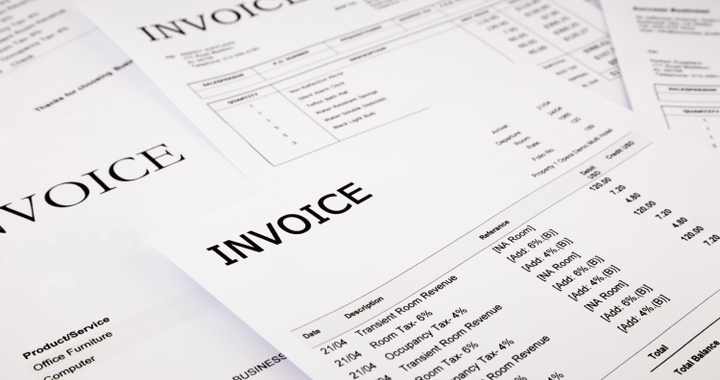
When preparing your shipping paperwork, you’ll need to know the differences between the types of invoices, so that you can supply your customs broker with the correct one.
Commercial Invoice
The commercial invoice is a legal document issued by the seller of the products to the buyer and serves as a proof of sale between the two parties. It’s the main document that customs brokers use to calculate and assess the duties and taxes due. Here are some of the important details that should be stated on the commercial invoice:
-
Invoice number and date
-
Prices, quantities, descriptions, and HS codes of the products being sold
-
Information of the seller and buyer (incl. their tax identification number)
-
Agreed Incoterms
Pro Forma Invoice
A pro forma invoice is a preliminary invoice that suppliers send to buyers when there’s a confirmed order. It’s issued prior to the shipment or delivery of the goods. The pro forma invoice is a binding agreement between the parties, although some details may still be subject to change. The main difference between the commercial invoice and pro forma invoice is that the commercial invoice is absolutely final.
Some countries may allow pro forma invoices to be used in place of a commercial invoice to determine the import duties and taxes. Your customs broker can clarify if this is the case for your shipment.
Customs Invoice
The customs invoice is essentially the commercial invoice, but in a specified format dictated by the customs authorities in the country of export or import. If you need to fill out a customs invoice, your customs broker will supply you with the correct form.
9. Perform Pre-Shipment Inspections
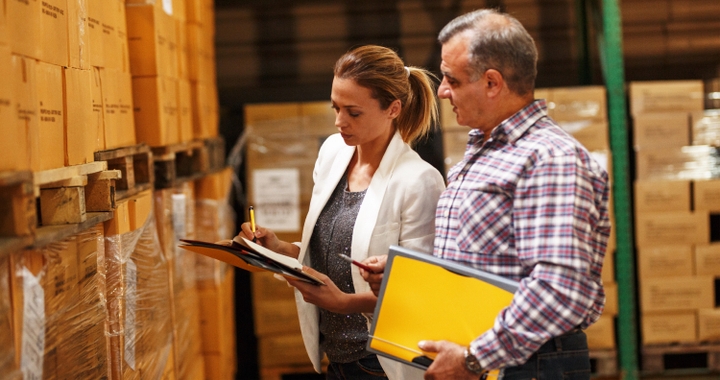
Your pre-shipment inspection is a critical part of your quality control and ensures that everything is in order before your goods leave the country of export. This can avoid any delays at your port of destination.
Health Requirement
If you are shipping hazardous materials (sometimes also referred to as dangerous goods), you must make sure that these are handled and packed correctly.
Labeling Requirements
Research the product-labeling requirements in your destination country before you send your goods on their way. Labels should be easily readable and appropriately attached, so they don’t get torn off in transit.
Quality Requirements
Before your goods are sealed off in shipping containers, you’ll want to do the last check of their quality and consistency. This will avoid any disappointments on the consignee’s side.
Do You Have Any Questions?
We hope that this article has lifted some of the confusion around the customs clearance process and outlined the most important tasks to take care of. Nevertheless, you still might have some questions. Feel free to contact us. We are happy to help!


